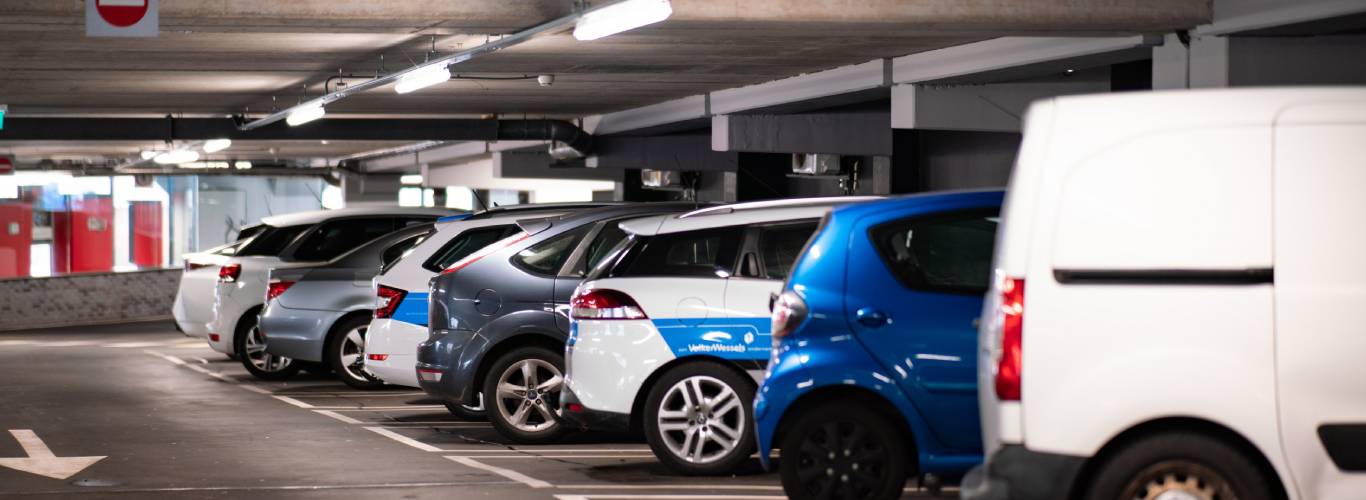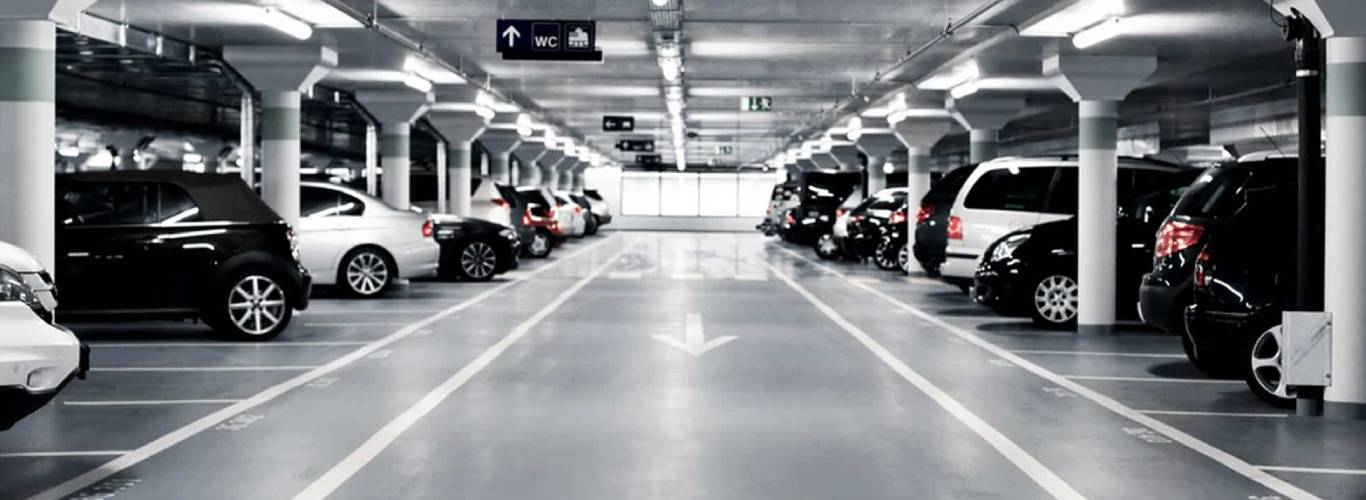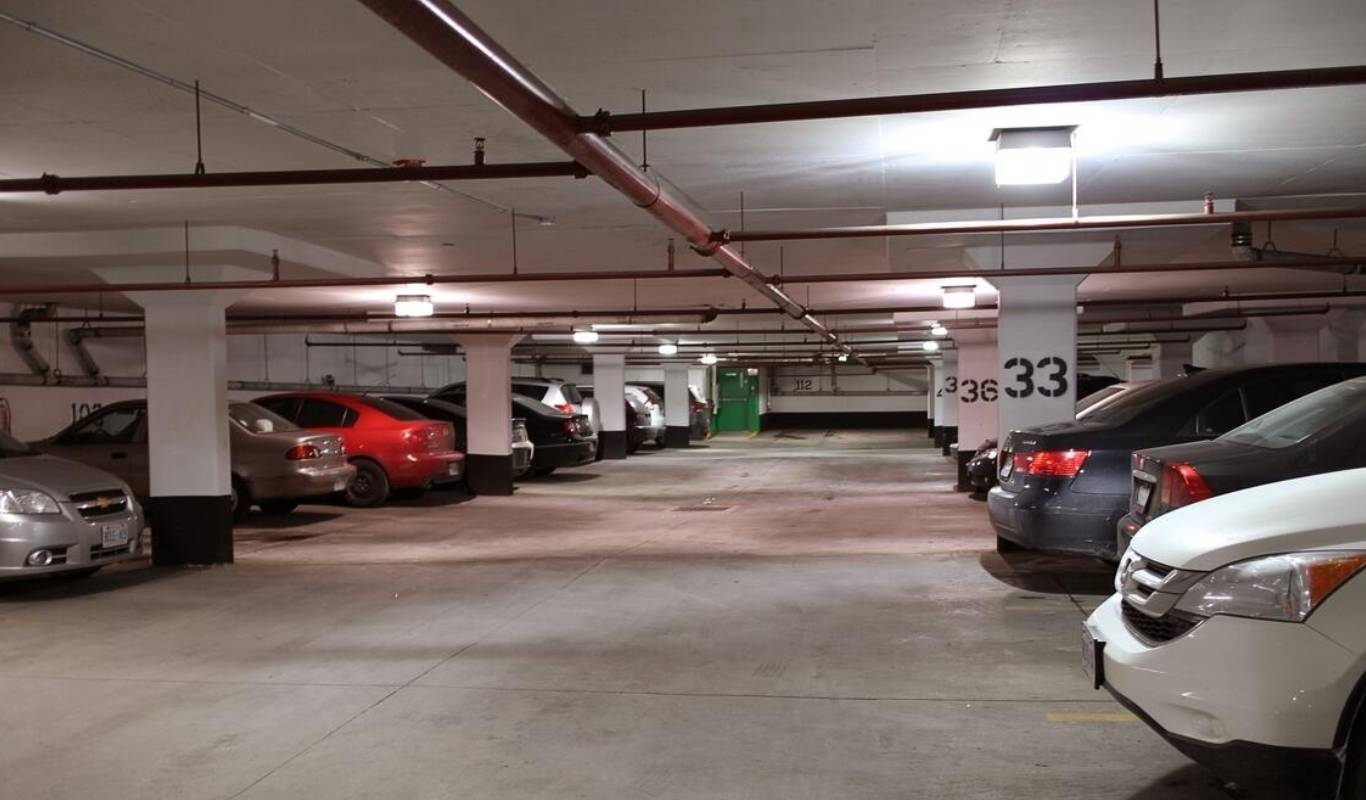VAT is merely an implicit consumption tax on the additional value added at each stage of any goods or services produced within a facility. However, there’s an aspect that may not have crossed your mind: parking. Surprisingly, in specific situations, VAT is applied to parking charges, depending on the location where you park your vehicle.
While we typically associate VAT with the products we purchase, it applies to certain services, including parking. Whether or not VAT is included in parking charges depends on the regulations and policies established by the authorities or businesses that operate the parking facilities. Let’s discuss this in detail:
Implications for Work-related Expenses and VAT Recovery
Regarding VAT and parking, the situation can become intricate, especially when considering work-related expenses and the potential for VAT recovery. Understanding whether VAT is applied to parking charges becomes crucial when you park for work purposes and intend to claim expenses. Your employer seeks to determine if they can reclaim the VAT.
In the section below, we will look into the implications of VAT on work-related parking expenses and VAT recovery possibilities.
VAT on Work-related Parking Expenses
If you park your vehicle for work-related activities, such as business meetings, client visits, or conferences, the VAT treatment of parking charges becomes relevant. In general, if the parking facility you utilize charges VAT, the amount you pay for parking will include the applicable VAT rate. Your parking expense may be eligible for VAT recovery, subject to specific rules and conditions.
Employer’s VAT Recovery
Regarding VAT recovery on work-related parking expenses, the ability to claim back the VAT depends on several factors. Firstly, the employer must be registered for VAT to reclaim VAT on business expenses. If the employer is VAT registered, they may recover the VAT paid on parking charges incurred by their employees, provided the expenses meet the necessary criteria.
Conditions for VAT Recovery
VAT recovery on work-related parking expenses typically requires that the parking fees are incurred wholly and exclusively for business purposes. This means that the parking must be directly related to the activities carried out during the business. Additionally, documentation and evidence, such as invoices or receipts, are usually required to support VAT recovery claims.

Input Tax Adjustment
In cases where the employer is eligible to recover VAT on work-related parking expenses, they can include the VAT amount as part of their input tax. Input tax refers to the VAT paid on business expenses. The employer can reduce their overall VAT liability by reclaiming the VAT on parking charges as input tax, resulting in potential cost savings.
It is essential to note that VAT rules and regulations are subject to change, and the specifics of VAT recovery on parking expenses can vary based on the jurisdiction and individual circumstances.
Therefore, both employees and employers should seek professional advice or consult with HM Revenue and Customs (HMRC) to ensure compliance with the latest VAT regulations and requirements.
Understanding the VAT implications on work-related parking expenses allows individuals and businesses to navigate the complexities of VAT recovery and make informed decisions regarding expense claims and financial management.
Treatment of VAT on Parking Facilities
When it comes to VAT and parking, the treatment of VAT depends on the specific location where you have parked your vehicle. Understanding the distinctions between on-street parking, off-street parking, and parking on private land is crucial in determining whether VAT is applicable and whether it can be reclaimed. Let’s explore each category in detail:
On-Street Parking
On-street parking refers to parking spaces managed by the Local Authority and governed by statutory regulations. In the case of on-street parking, there is generally no VAT applied to the parking charges. This means that when you park on the street and receive a parking ticket or receipt, you will not find a VAT component included.
Off-Street Parking
Off-street parking involves parking facilities such as car parks, garages, or parking lots operated by private entities or businesses. In off-street parking, VAT is often added to the parking charges. When you park in an off-street parking area, it is common for VAT to be included in the overall fee.
VAT Reclaim for Off-Street Parking
If you have parked in an off-street parking facility where VAT is applied, there may be an opportunity to reclaim the VAT, depending on your circumstances. You can examine your parking ticket or receipt to determine if VAT can be claimed. A VAT number on the ticket or receipt indicates that VAT has been charged, and you may be eligible to reclaim the VAT.
It’s important to note that the ability to claim back VAT on off-street parking charges may depend on various factors, including your VAT registration status and the purpose of parking (e.g., personal use or business-related). Eligibility for VAT recovery should be assessed based on the specific guidelines and regulations set by tax authorities.
Parking on Private Land
Parking on private land refers to parking areas owned and operated by private individuals, companies, or organizations. The VAT treatment of parking on private land can vary depending on the circumstances.
In some cases, VAT may be applicable, similar to off-street parking, and the same principles for VAT reclaim would apply. However, it is advisable to check the specific terms and conditions of the private parking facility to ascertain the VAT status and reclaim possibilities.
In short, understanding the distinctions between on-street, off-street, and parking on private land clarifies whether VAT is added to the parking charges and the potential for VAT recovery. Checking parking tickets or receipts for the presence of a VAT number is a helpful indicator for determining VAT applicability and the ability to reclaim VAT, where applicable.

VAT and Payment Considerations
When it comes to parking in a country park, applying VAT on the parking charges will depend on the specific circumstances and the entity responsible for managing the car park. As country parks often encompass private land, the VAT treatment can vary. Here’s what you need to know when parking in a country park:
Ownership and Operation of Car Parks
Country parks may have different entities responsible for the ownership and operation of the car parks within their premises. It could be the park authority, private landowner, or contracted operator, and these entities typically determine the VAT treatment of parking charges.
Parking Policies in Country Parks
In country parks, parking policies can vary. Some country parks may offer free parking as a service to visitors, and VAT would not be applicable in such cases since no parking charges are levied. However, other country parks may have parking policies requiring payment or displaying a parking disc or permit.
VAT on Paid Parking
If a country park requires parking payment, like off-street parking, VAT may be applied to the parking charges. When you pay to park in such instances, it is advisable to check your parking ticket or receipt for the presence of a VAT number. A VAT number indicates that VAT has been charged, and you may have the opportunity to reclaim it if eligible.
Parking Discs and Permits
A parking disc or permit system may be in place in some country parks, and these systems often involve a nominal fee or registration process to obtain and display the disc or permit. As with free parking, VAT is generally not applicable in these cases, as the fee is typically unrelated to the provision of parking services.
Signage and Compliance
To ensure a smooth parking experience in country parks, carefully observing the signage displayed in the car park is essential. This includes instructions regarding payment, parking disc requirements, and any specific regulations or time restrictions. Failure to comply with the parking rules may result in penalties or fines.
In summary, the treatment of VAT on parking charges varies depending on the type of parking and location. On-street parking managed by the Local Authority generally does not include VAT, while off-street parking and parking on private land may have VAT added. VAT recovery is possible in some instances. It is important to check parking tickets or receipts for a VAT number. Compliance with signage and regulations is crucial to avoid fines. For specific details, consult tax authorities or seek professional advice.



